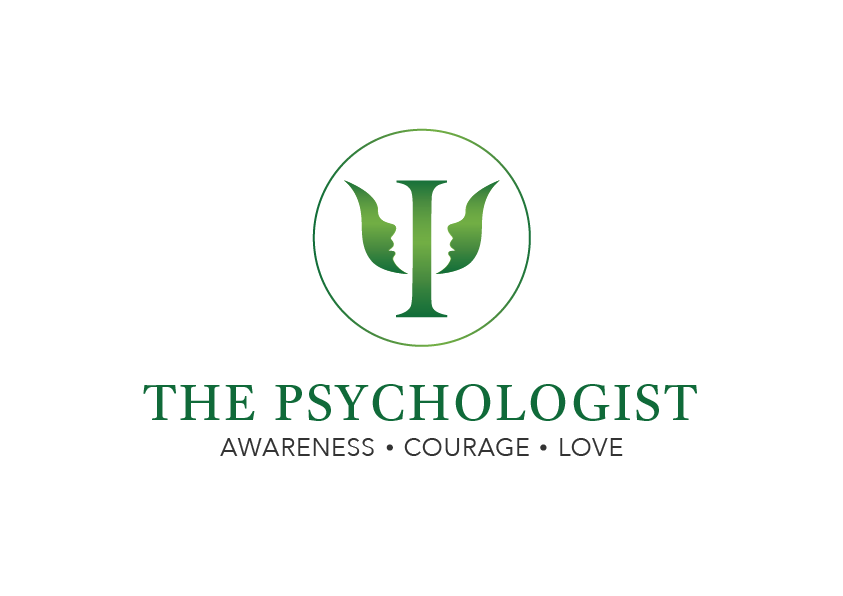Is Academic Pressure Weighing Too Heavily on Singapore’s Youth?
It often starts innocently, a Primary 1 child excitedly packing her bag, proud to wear her school uniform. But as the years roll on, that same child might grow quiet, withdrawn, or overly anxious, her smile dimmed under the weight of expectations. In Singapore, a nation known for its world-class education system, many students are quietly bearing the burden of academic stress.
A recent Straits Times report highlights the mounting concern: students cite high parental expectations, fear of failure, and relentless comparisons as key drivers of stress. In another survey, nearly 1 in 2 undergraduates reported that academic stress affects their emotional well-being and motivation to study. While taking education seriously is a cultural norm, the line between healthy motivation and emotional distress is becoming increasingly blurred.
Signs That Stress Is Taking a Toll
Academic stress doesn’t always look like tears or tantrums. In children and teens, it may show up as:
Frequent headaches or stomachaches
Sleep disturbances
Irritability or mood swings
Withdrawing from family or friends
Constant fear of not doing well
Loss of interest in hobbies
Perfectionism or avoidance of tasks altogether
Unchecked, these signs can escalate. Studies show that chronic academic stress is strongly associated with anxiety and depressive symptoms in students, especially in high-stakes years like PSLE, O-Levels, and university entrance exams.
Why the Pressure Feels So Heavy
Singapore’s education landscape is undeniably competitive. From early streaming to university admissions, many students feel they’re constantly being evaluated. Add to that the cultural emphasis on achievement, the influence of tuition culture, and well-meaning but sometimes overwhelming parental concern, and the pressure multiplies.
Academic stress is also amplified by a psychological process called cognitive appraisal, our perception of how well we can cope with demands. Students who feel they must be perfect or fear letting others down are more vulnerable. As one Channel NewsAsia article put it, even students who do well often live in fear of “not being good enough.”
Finding a Better Way Forward
There is hope. Research shows that students cope better when schools and families prioritise emotional literacy, flexible thinking, and self-compassion. Interventions based on Cognitive Behavioural Therapy (CBT) and mindfulness have proven effective in reducing academic-related anxiety.
But beyond techniques and school-based programmes, what young people need most are three things:
Awareness: of how stress affects their minds and bodies, and that they’re not alone in feeling this way.
Courage: to speak up, to say “I need help,” or to take a step back when things get too much.
Love: from adults who offer not just guidance, but presence, who celebrate effort, not just outcome.
You’re Not Alone, And You Don’t Have to Wait for a Crisis
At The Psychologist, we see students, parents, and educators working hard to navigate a demanding system. Sometimes, it takes a quiet conversation with a trusted mental health professional to help regain perspective and hope.
Whether your child is struggling with school refusal, test anxiety, or burnout, or you’re simply unsure if what they’re going through is “normal”, help is available.
Start with a conversation. You’ll find resources, support, and people who care at www.thepsychologist.com.sg.
Because sometimes, the bravest thing a child, or parent, can do is to ask for help.
